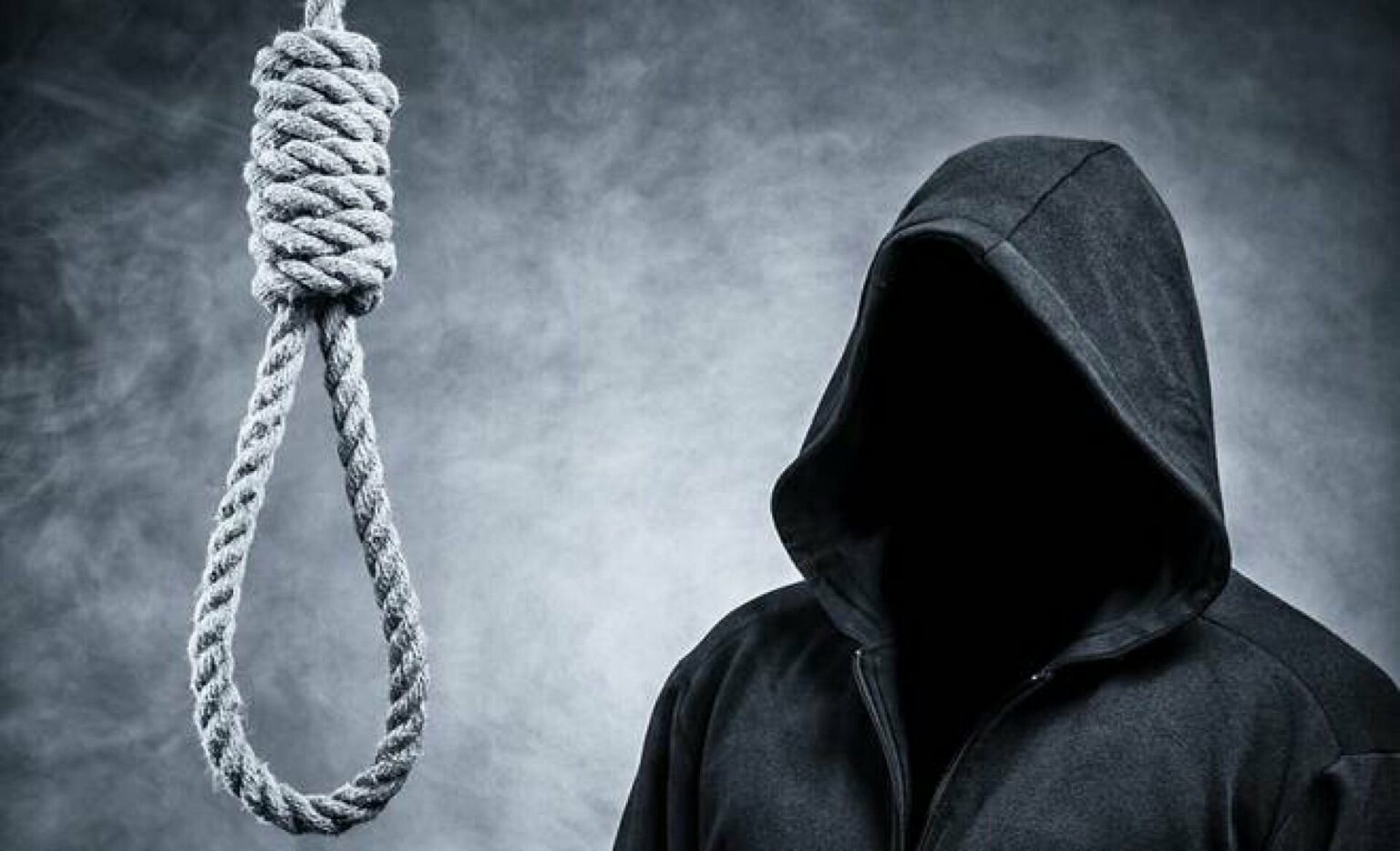an Upper Shariah Court in Rijiyar Zaki has sentenced 38-year-old Shafiu Abubakar to death by hanging for a horrific arson attack on a mosque in Gadan Village, Gezawa Local Government Area. The tragic incident, which occurred on May 15, 2024, claimed the lives of 25 worshippers and left several others injured, marking it as one of the deadliest acts of violence stemming from a personal dispute in recent memory. The court’s decision, delivered on May 26, 2025, underscores the severity of the crime and the state’s commitment to upholding justice under Shari’a law.
The attack took place in the early hours of May 15, 2024, during the dawn prayers, a time when the mosque was filled with worshippers engaged in quiet devotion. Shafiu Abubakar, a resident of the village, allegedly poured petrol around the mosque and set it ablaze, trapping dozens inside. The fire spread rapidly, engulfing the structure and causing chaos as worshippers struggled to escape. Seventeen victims perished at the scene, overcome by flames and smoke, while eight others succumbed to their injuries in the days that followed. The survivors, many of whom sustained severe burns and trauma, recounted the harrowing moments of the attack, painting a grim picture of a community torn apart by an act of unimaginable cruelty.
The motive behind Abubakar’s actions was rooted in a long-standing family dispute over inheritance, according to court proceedings. The prosecution, led by Kano State’s Attorney General, Haruna Isah Dederi, revealed that Abubakar’s grudge against certain family members, whom he believed had cheated him out of his rightful share of inherited property, drove him to commit the heinous act. Rather than targeting individuals directly, Abubakar chose the mosque—a sacred space for the community—as the stage for his vengeance, an act that prosecutors described as both premeditated and indiscriminate. The attack not only claimed innocent lives but also shattered the sense of safety and unity in Gadan Village, a close-knit rural community.
During the trial, Abubakar faced multiple charges under the Kano State Shari’a Penal Code Law 2000, including culpable homicide, attempted murder, causing grievous harm, and mischief by fire, as outlined in sections 140, 148, 167, and 370. In a dramatic courtroom moment, Abubakar pleaded guilty to all charges, offering no resistance to the prosecution’s case. The state called four key witnesses, including the village ward head and survivors of the attack, whose testimonies provided a chilling account of the events. Their statements detailed the panic and devastation caused by the fire, as well as the profound loss felt by families who buried loved ones in the aftermath.
The presiding judge, Khadi Dalhatu Huza’i Zakariya, delivered a meticulous and somber judgment, emphasizing the gravity of Abubakar’s actions. The court found that the deliberate targeting of a place of worship, coupled with the loss of 25 lives, warranted the harshest penalty under Shari’a law. Abubakar was sentenced to death by hanging, with the judge ordering his immediate remand to a correctional facility pending the execution of the sentence. The ruling was met with a mixture of relief and sorrow by the victims’ families, many of whom had packed the courtroom to hear the verdict.
Kano State Governor Abba Kabir Yusuf, who had closely followed the case, reiterated his administration’s commitment to justice. In a statement issued shortly after the incident, the governor clarified that the attack was not linked to terrorism or political violence but was instead a deeply personal act rooted in a family feud. “This was a tragic case of a family dispute escalating to unimaginable proportions,” Yusuf said, vowing to ensure that the court’s decision would be fully enforced. The governor also extended condolences to the affected families and promised support for the survivors, many of whom continue to grapple with physical and emotional scars.
The case has sparked widespread discussion in Kano and beyond, raising questions about conflict resolution, the role of traditional and religious institutions in mediating disputes, and the devastating consequences of unresolved grievances. Community leaders in Gezawa have called for reconciliation efforts to heal the wounds left by the tragedy, while religious scholars have emphasized the sanctity of mosques as places of peace, urging residents to seek non-violent means to address personal conflicts.
For the people of Gadan Village, the scars of May 15, 2024, will not fade easily. The mosque, once a cornerstone of communal life, now stands as a somber reminder of the fragility of harmony in the face of personal vendettas. As the community mourns, the court’s ruling serves as a stark warning of the consequences of such acts, reinforcing the state’s resolve to protect its citizens and uphold the principles of justice.
The sentencing of Shafiu Abubakar marks the end of a painful chapter for Gadan Village, but the road to healing will be long. As Kano State moves forward, the tragedy serves as a poignant reminder of the need for dialogue, understanding, and unity to prevent such senseless loss of life in the future.
Join our Whatsapp channel to stay updated always!


